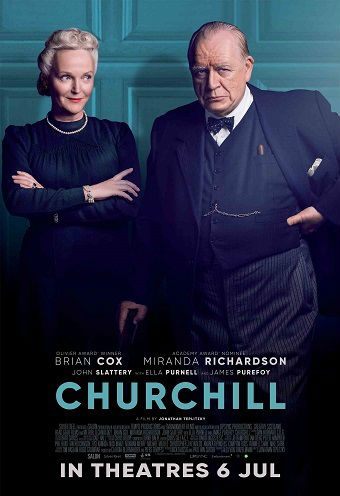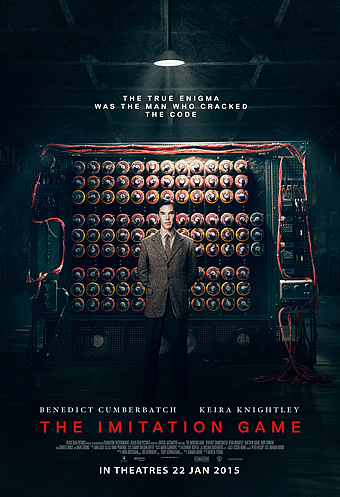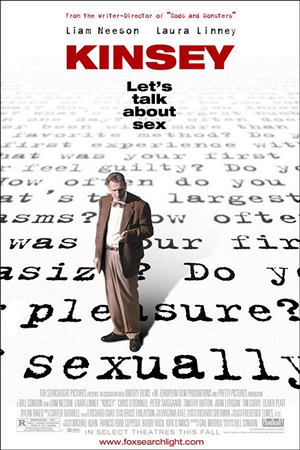PROFESSOR MARSTON & THE WONDER WOMAN (2017)
Genre: Drama
Director: Angela Robinson
Cast: Luke Evans, Rebecca Hall, Bella Heathcote, Connie Britton
Runtime: 1 hr 48 mins
Rating: R21 (Mature Theme & Sexual Scenes)
Released By: Sony Pictures Releasing International
Official Website:
Opening Day: 1 March 2018
Synopsis: In a superhero origin tale unlike any other, the film is the incredible true story of what inspired Harvard psychologist Dr. William Moulton Marston to create the iconic Wonder Woman character in the 1940's. While Marston's feminist superhero was criticized by censors for her 'sexual perversity', he was keeping a secret that could have destroyed him. Marston’s muses for the Wonder Woman character were his wife Elizabeth Marston and their lover Olive Byrne, two empowered women who defied convention: working with Marston on human behavior research -- while building a hidden life with him that rivaled the greatest of superhero disguises.
Movie Review:
Who would have thought that behind the story of how Diana of Themyscira became Wonder Woman lay an even more fascinating real-life origin story? That is the tale which writer-director Angela Robinson sets out to tell here: of how the Harvard psychologist and inventor Dr William Marston (Luke Evans) created the beloved comic book character and pop-culture icon, inspired by the two most important women in his life – namely, his wife Elizabeth Holloway Marston (Rebecca Hall) who happens to be a brilliant psychologist and valuable contributor to his work, and their research assistant Olive Bryne (Bella Heathcote), who eventually became their lover and domestic partner. It is a deeply intriguing story all right, especially as one learns of how the elements within William’s creation were linked to his own discoveries on the DISC personality theory and lie detection.
If it isn’t yet apparent, their three-way romance was scandalous, even sacrilegious, to mainstream American society, and Robinson approaches this by way of a more well-known controversy – that of the ‘Wonder Woman’ comic itself, which was criticised in the late 1940s for its depiction of S&M. Using William’s interrogation of his book by the influential director of the Child Study Association of America as a framing device, Robinson rewinds to William’s tenure at Harvard in 1928 as a teacher of human behaviour based on his theory of dominance, inducement, submission and compliance (yes, that’s what DISC stands for). It is in one of his classes that he first spies Olive, and is immediately smitten by her. Elizabeth sees it too, sitting on the windowsill by the side of the class, and when Olive takes up his open call for research assistants, Elizabeth warns her not to have sex with her husband. After some initial consternation over Elizabeth’s ‘professional jealousy’, the trio become intellectual partners; most notably, Olive is credited for the couple’s breakthrough on their lie detector machine.
The first hour depicts the ensuing professional, psychological and passionate triangle with elan – we witness how Olive is attracted to the sharp, witty and independent-minded Elizabeth; how Elizabeth confronts her own subconscious feelings for Olive; how their very invention lays bare William’s affection towards Olive; and last but not least, how they come to terms with their love for one another. In Robinson’s hands, the ongoing interrelationships are treated with utmost dignity and intelligence, illustrating how two whip-smart, self-empowered women and their anti-Puritan shared husband sort out their emotions, occasional jealousies and yearnings for a forbidden life that they come to realise comes with its own ramifications. After the lesbian action-comedy ‘D.E.B.S.’ and ‘Disney’s Herbie Fully Loaded’, this is a major step-up for her and easily her most accomplished movie yet.
That said, the latter half does lose some of the earlier narrative momentum, owing to breaks in chronology following the trio’s move to the New York suburbs. Quite abruptly therefore, we find them adding four new members to the family (two from each mother), and settling down to a quiet, less eventful life with their children. It is only with William’s chance visit to a local lingerie house with its own backroom of forbidden BDSM pleasures that the story finds its footing again – while Elizabeth regards it with absolute abhorrence at the start, Olive proves a lot more receptive, becoming the very inspiration for Wonder Woman’s signature costume. An unexpected visit by a neighbour during one of their awkward embrace of kinky pleasures also has profound implications, although the bittersweet happily-ever-after at the end of it all stays true to how their real-life relationship unfolded.
Besides her deft handling of the dynamics among her three leading characters, Robinson deserves credit for assembling an ace cast that exhibits great chemistry at every turn. Evans dials down his usual onscreen masculinity to play the Harvard academic, and brings instead a keen sincerity in portraying a man who was equally driven by his lust for both the women in his life as he was by his belief in the superiority of the female gender. In turn, Heathcote responds with both courage and charm, while Hall does so with a captivating mix of intellect and vulnerability. You’ll be taken by Heathcote all right, but you’ll also be seized by Hall, who can convey brittleness one moment and ferocity in the next with utmost conviction. Indeed, the movie belongs as much to their larger-than-life characters as it does to their excellent performances.
Especially in the wake of the resounding success of Warner Bros’ superhero film ‘Wonder Woman’ last summer and the female empowerment movement which has gained substantial traction in recent weeks, ‘Professor Marston and the Wonder Women’ is a surprisingly prescient true story that deserves to be seen – not just for understanding the cultural significance of the Wonder Woman character, but also in appreciating its themes and underlying message. Like we said at the start, it’s a very different superhero origin story all right, but one that is no less absorbing and exciting than any one in the line-up of Marvel and DC movies we’ve seen no end of so far. For those who have studied psychology, the pleasures are even deeper, especially to know that a member of the community has had such momentous impact on society itself.
Movie Rating:




(A very different superhero origin story, this true account of how Wonder Woman came into being is itself riveting, poignant and inspiring)
Review by Gabriel Chong
You might also like:




.jpg)
